A Different Journey: Experiences of Israeli Surrogacy Parents in India
Zvi Triger
This article examines the complex interactions between Israelis who choose to use surrogacy procedures in India in order to become parents and the chain of suppliers within the Indian surrogacy industry: surrogacy agencies, fertility clinics, doctors and, of course, the surrogate mothers. The article's perspective is both personal and academic: The author is a scholar who studies Israeli family law and the use of reproductive technologies to form families – but is also an Israeli father whose daughter was born in India through surrogacy.
In the complex human interactions between Israelis and Indians – the consumers and the suppliers of services – it is not always clear who needs whom and who has more power. These interactions raise fascinating questions regarding common assumptions about power relations between so-called "Westerners" and people of the "Third World," between patriarchy and feminism, and between pronatalist Israeli culture (which is willing to embrace LGBT individuals and couples as long as they become parents) and its hostility to international surrogacy. The article's conclusions are consistent with those of studies of Israeli backpackers who travel to India, which found that the gaze and stereotyping of the other are mutual.
In the same vein, the article seeks to go beyond the Marxist notion of power that informs many studies of surrogacy in general and surrogacy in India in particular. According to Marxism, power is something one either has or does not have. The article suggests that power is exercised more according to the model of Foucault, who treats power as a strategy rather than as a possession: Both Israeli prospective parents and Indian suppliers have or lack power at different stages of the process, and both exert it on the other party.

